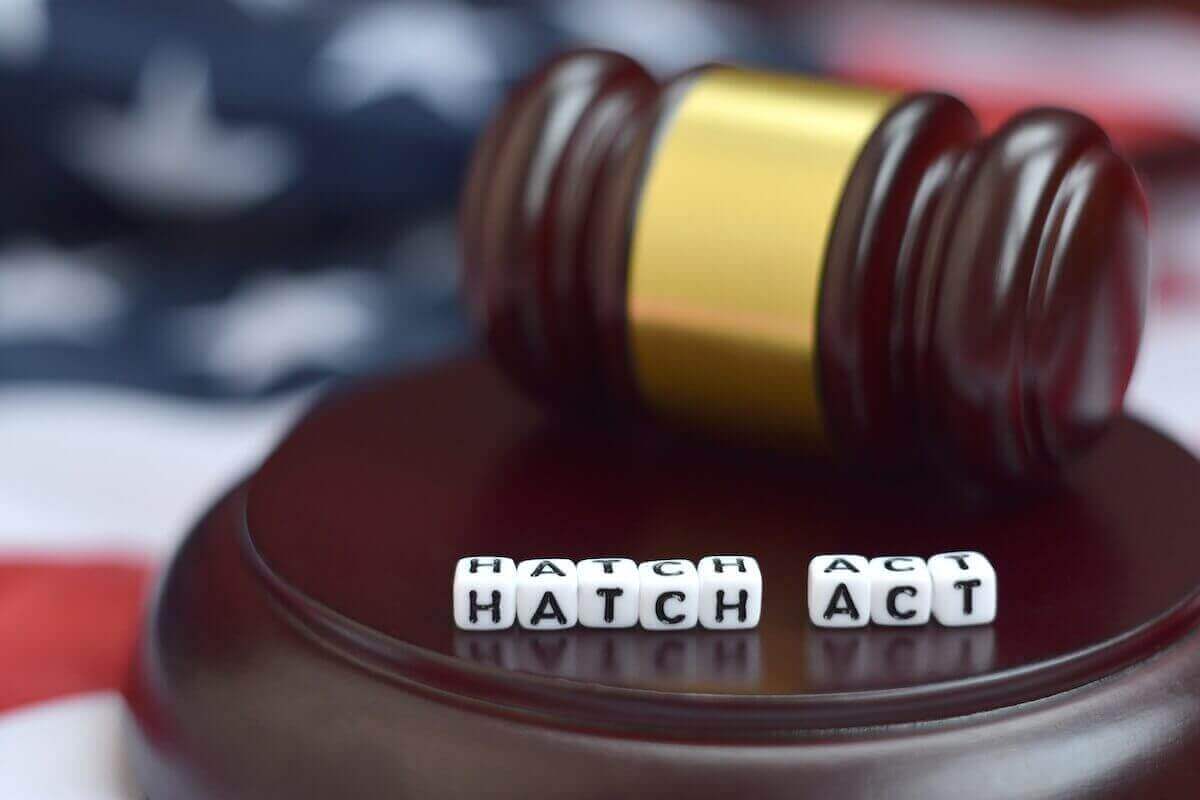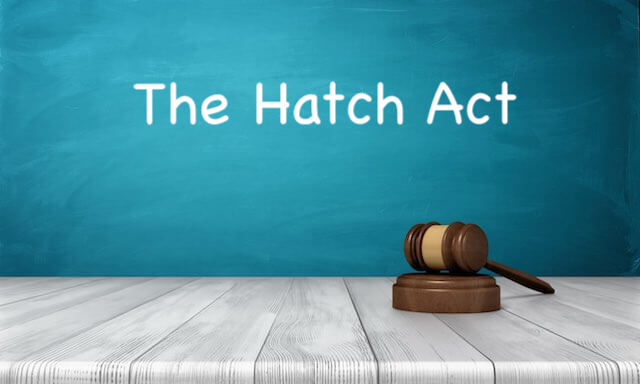The Office of Special Counsel (OSC) has announced a new approach to enforcing Hatch Act violations. It is primarily directed at violations by federal employees within the White House.
Hampton Dellinger, the new OSC Special Counsel, announced the new enforcement guidelines in an advisory opinion published on May 20, 2024. He recently began leading the agency after the departure of former OSC Special Counsel Henry Kerner who now serves as a Board Member at the Merit Systems Protection Board (MSPB).
These are the key changes with respect to how OSC will go about enforcing Hatch Act violations for federal employees.
Bringing All Hatch Act Violations to the MSPB
The MSPB has been without a quorum until recently. Because of this, OSC has referred Hatch Act violations by White House personnel to the president for enforcement which left whether or not to impose any punishment solely at the president’s discretion.
In an editorial about the new Hatch Act enforcement guidelines, Dellinger called this a “loophole” that has emerged in how violations are handled.
“While the Hatch Act is broad on paper, a loophole has emerged in practice: senior White House personnel (including assistants to the president and others deemed commissioned officers) aren’t being subjected to the law’s full enforcement. Today, that changes,” wrote Dellinger.
He noted that it was not the intent of Congress when it passed the Hatch Act to have it selectively enforced, referring to the fact that the only full enforcement exemptions stipulated in the law are for the president and vice president.
Indeed, there have been numerous instances in recent years in which White House officials were found to have violated the Hatch Act. Among them are White House press secretary Karine Jean-Pierre, Counselor to the President under former President Donald Trump Kellyanne Conway, and 13 Trump administration officials.
Going forward, OSC will refer all Hatch Act violations to the MSPB for all federal employees and non-Senate-confirmed Presidential appointees, including White House officials, for enforcement.
Former Federal Employees
OSC said that it will not automatically rule out enforcing violations against former federal employees solely on the basis that the individuals have left their positions.
The updated guidance states, “…because the Hatch Act does not bar enforcement against former employees and because the MSPB has held that an ’employee’s post-violation resignation does not eliminate the case or controversy between the employee and the Special Counsel concerning whether the employee violated the Hatch Act and, if so, what penalty is warranted’, OSC will also bring to the MSPB appropriate cases alleging Hatch Act violations by individuals who engaged in material misconduct while a federal employee but who have since left government service.”
Prohibitions on Wearing/Displaying Political Candidate or Political Party Items in the Workplace
OSC said that it will now advise that political candidate displays will be prohibited year-round regardless of whether or not they are before or after Election Day. As Dellinger explained in his editorial:
…the wearing or displaying of items in the workplace related to current political figures should be considered contrary to the Hatch Act regardless of whether it is before or after Election Day. Among the reasons for a blanket prohibition on such items while federal workers are on duty or in their office is the clear connection between political candidates and political parties. OSC has long advised that political party swag (T-shirts, hats, mugs) is banned year-round. It is logical and workable to apply the same rule to individual political figure paraphernalia, particularly items referencing presidential candidates who are, understandably, well-defined in the public’s mind as aligned with specific political parties.
The OSC advisory opinion also adds:
A year-round prohibition on both candidate and party items in the workplace provides a straightforward and uniform standard that does not depend on federal workers knowing precisely when or whether a particular individual officially has become a candidate for office including reelection.
OSC said that this blanket prohibition is not a restriction on federal employees’ free speech rights. “…a blanket prohibition on tangible items intended only to convey a political candidate or political party message is not inconsistent with OSC’s support for federal employee speech rights generally,” states the advisory opinion.
It adds:
Finding the right balance between speech that is protected versus that which is prohibited can be challenging. Some workplace speech with an arguable nexus to policy may be impermissible political activity, particularly if it occurs close to or is intended to influence an election. And the activity may be deemed impermissibly political by OSC even if it does not involve unambiguous or express efforts to help a particular candidate or party succeed. At the same time, the use of a word or phrase associated with a candidate or party in a policy discussion does not necessarily violate the Hatch Act particularly when the language at issue has a legitimate connection to federal government programs, proposals, or related debates.
Importantly,OSC will always find violations of the Hatch Act when on-the-job speech or conduct includes express advocacy (i.e. please support the election of, vote against, donate to, or variations thereof). Beyond that, prohibited advocacy can also include using words, phrases, or images associated with a specific candidate or party, particularly when they appear alone, virtually alone, or gratuitously.
Federal employees with questions about the new Hatch Act enforcement guidelines can contact OSC at HatchAct@osc.gov.






